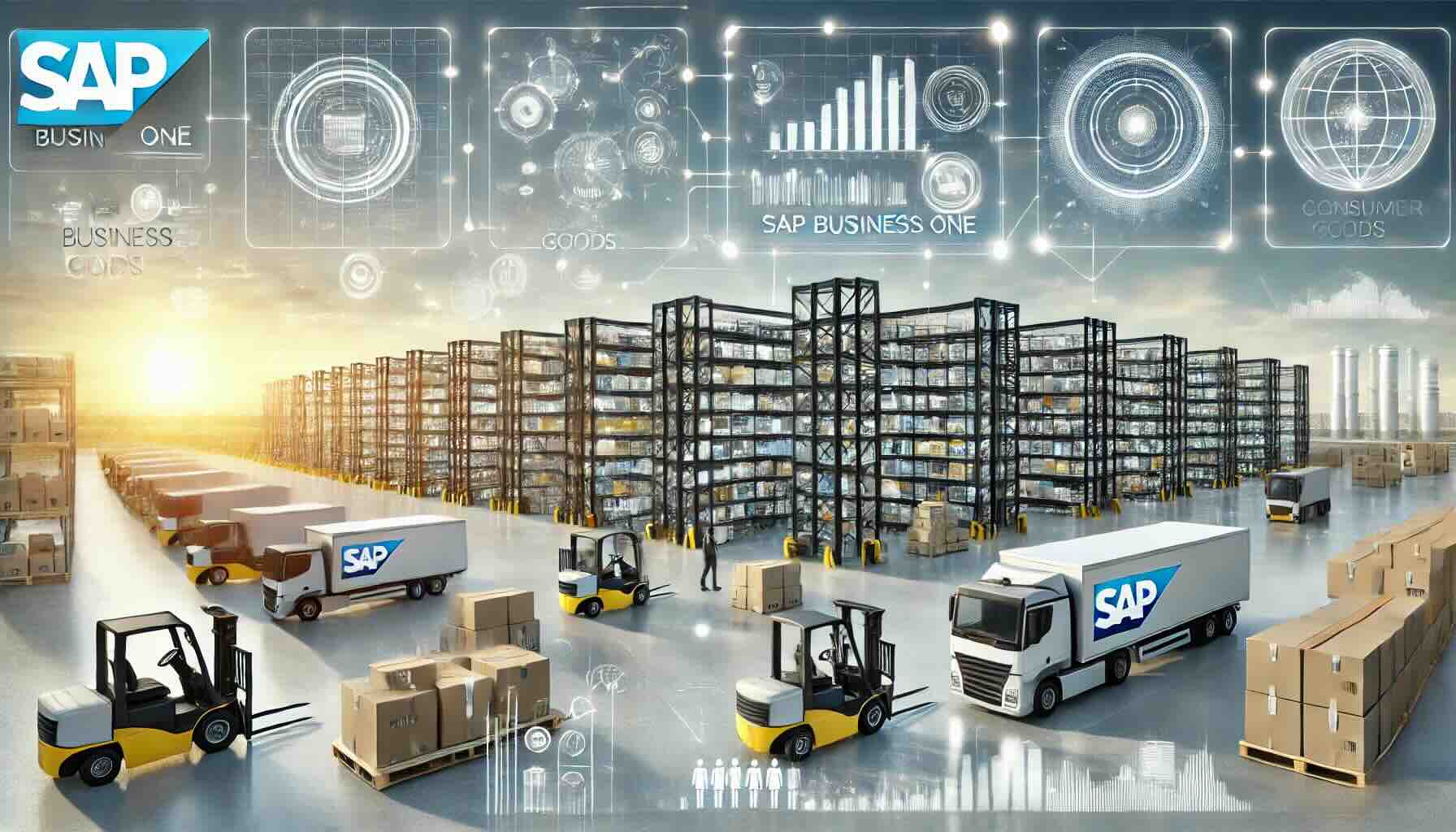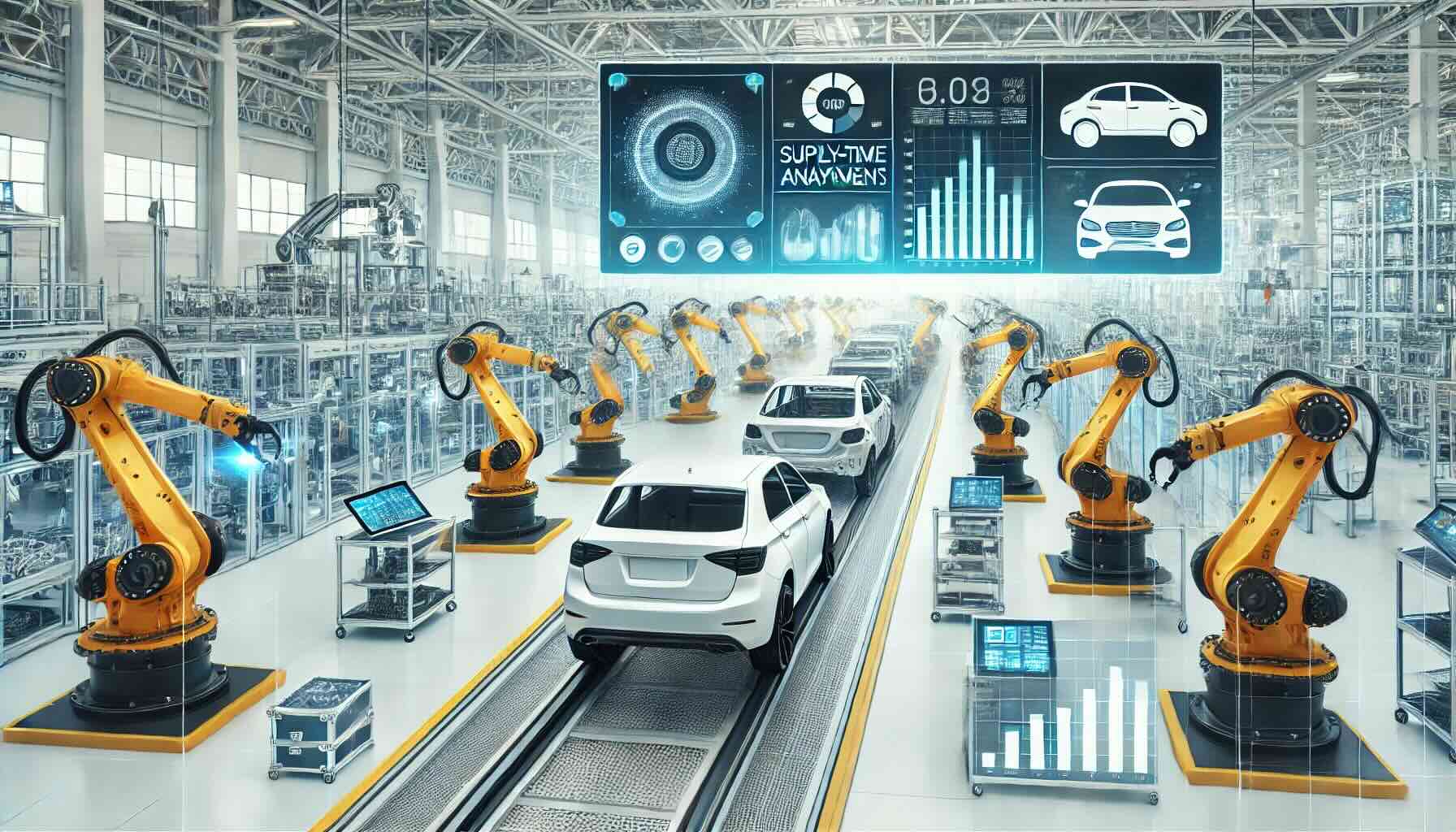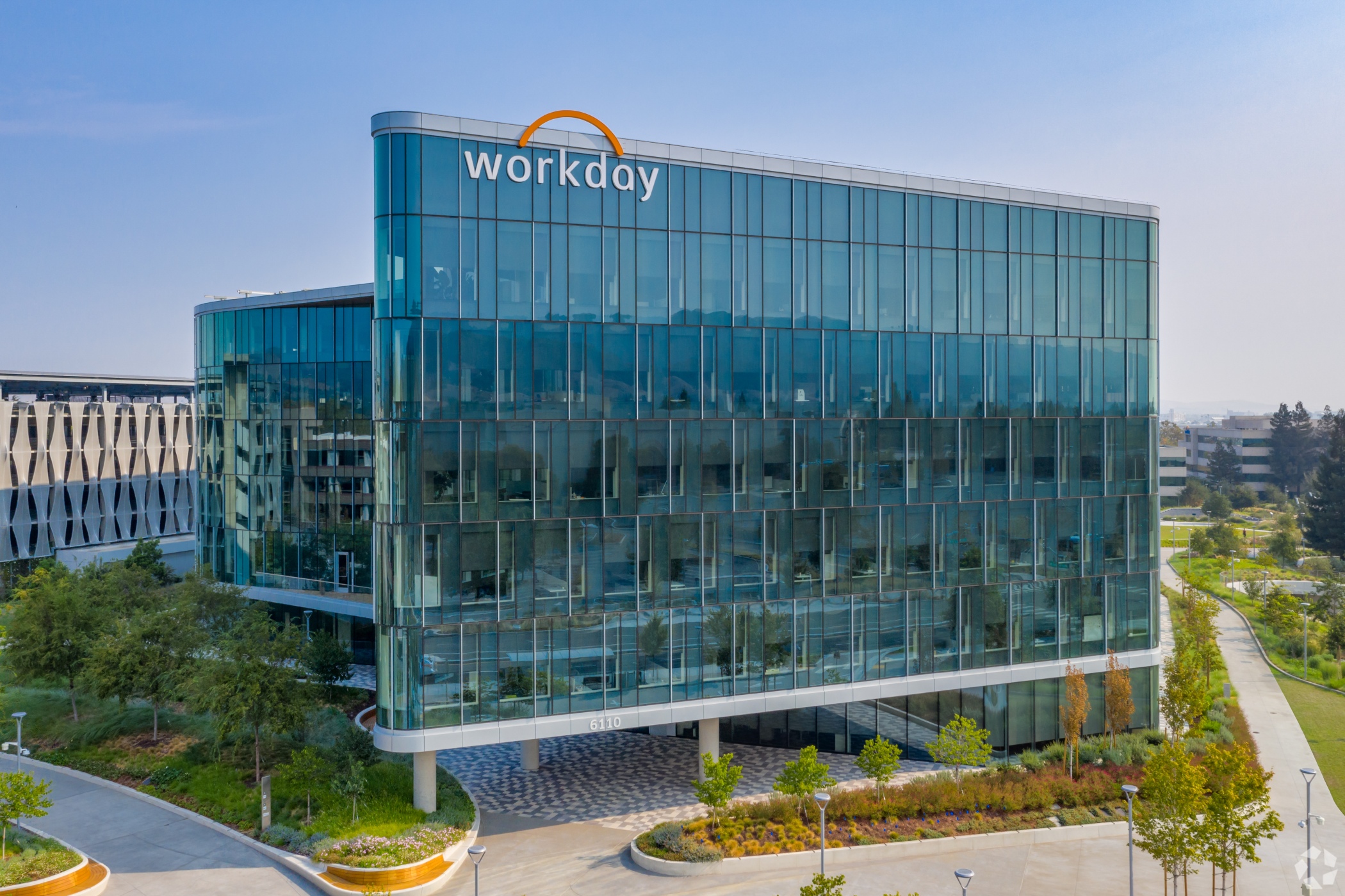Is Workday a Good ERP for Manufacturing Businesses?

In today’s fast-paced business environment, manufacturing companies face unique challenges that require robust and agile solutions to remain competitive. Enterprise Resource Planning (ERP) systems have become essential tools for managing operations, streamlining processes, and enhancing overall productivity. Among the leading ERP solutions, Workday has gained significant attention for its cloud-based platform. But the critical question remains: Is Workday a good ERP for manufacturing businesses?
Understanding Workday as an ERP Solution
Workday is widely recognized for its human capital management (HCM) and financial management capabilities. It is a cloud-based platform designed to integrate various business functions, providing real-time insights and data-driven decision-making tools. While Workday has traditionally been stronger in sectors such as education, healthcare, and professional services, it has increasingly positioned itself as a viable ERP solution for the manufacturing industry.
Key Features of Workday for Manufacturing
To evaluate whether Workday is a good fit for manufacturing businesses, it’s important to consider its core features and how they align with the specific needs of manufacturers.
1. Financial Management
Manufacturing companies require robust financial tools to manage costs, budgets, and profitability across various departments and production lines. Workday offers a comprehensive suite of financial management tools, including general ledger, accounts payable, accounts receivable, and expense management. Its ability to provide real-time financial insights can help manufacturers make informed decisions, optimize spending, and improve overall financial health.
2. Human Capital Management (HCM)
The manufacturing industry relies heavily on its workforce, making HCM a critical component of any ERP solution. Workday’s HCM capabilities include workforce planning, talent management, payroll, and benefits administration. For manufacturing businesses, managing a large and often diverse workforce efficiently is crucial, and Workday’s HCM tools can support this by optimizing labor management and ensuring compliance with labor laws.
3. Supply Chain Management
Supply chain efficiency is vital in manufacturing, where delays or disruptions can significantly impact production. Workday offers tools for supply chain management, though this has not traditionally been its strongest area compared to ERP solutions like SAP or Oracle. However, Workday’s integration capabilities allow manufacturers to connect with specialized supply chain solutions, enabling end-to-end visibility and management across the supply chain.
4. Production Planning and Control
Manufacturing businesses require detailed production planning and control to ensure efficient use of resources, minimize downtime, and meet customer demand. While Workday is not specifically designed with manufacturing production processes in mind, it does offer project management tools that can be adapted for production planning. However, for businesses with highly complex or specialized production needs, Workday may require integration with other manufacturing execution systems (MES) to fully meet these demands.
5. Real-Time Analytics and Reporting
One of Workday’s strengths lies in its real-time analytics and reporting capabilities. Manufacturing businesses can benefit from Workday’s ability to provide instant access to critical data, allowing for better decision-making and quick response to changes in the market or production environment. Customizable dashboards and reports can provide insights into production efficiency, financial performance, and workforce productivity.
Advantages of Using Workday for Manufacturing
1. Scalability
Workday’s cloud-based platform offers scalability that is ideal for manufacturing businesses of all sizes. Whether a company is a small manufacturer looking to grow or a large enterprise with multiple production facilities, Workday can scale to meet evolving business needs without the need for significant IT infrastructure investment.
2. User-Friendly Interface
Workday is known for its intuitive and user-friendly interface. This can be particularly beneficial in manufacturing environments where workers may need to interact with the ERP system without extensive training. The ease of use can lead to higher adoption rates and more effective use of the system across the organization.
3. Continuous Innovation
Workday operates on a continuous innovation model, with regular updates and new features being rolled out without the need for disruptive upgrades. This ensures that manufacturing businesses using Workday always have access to the latest tools and technologies to stay competitive.
Challenges of Implementing Workday in Manufacturing
While Workday offers several advantages, there are also challenges that manufacturing businesses should consider.
1. Limited Industry-Specific Functionality
Unlike some ERP systems that are designed specifically for manufacturing, Workday’s functionality is more generalized. Manufacturers with highly specialized needs may find that Workday does not fully address all their requirements out-of-the-box. This might necessitate additional customizations or integrations with other systems, which can increase implementation complexity and cost.
2. Integration Requirements
As mentioned, while Workday offers robust financial and HCM capabilities, it may fall short in areas like advanced production planning or supply chain management. Manufacturers might need to integrate Workday with other specialized ERP modules or MES to achieve a comprehensive solution. Managing these integrations can be complex and require additional IT resources.
3. Cost Considerations
The cost of implementing and maintaining Workday can be a significant factor for manufacturing businesses, especially small to mid-sized companies. While the cloud-based model reduces the need for upfront infrastructure investment, the subscription fees and potential costs of additional integrations can add up.
Conclusion: Is Workday Right for Your Manufacturing Business?
Workday can be a good ERP solution for manufacturing businesses, particularly those looking for a scalable, user-friendly platform with strong financial and human capital management capabilities. However, its limitations in industry-specific functionality and potential need for integrations mean that it may not be the best fit for every manufacturer.
Manufacturing businesses with complex production processes or highly specialized needs may need to consider whether Workday can meet their requirements out-of-the-box or if they are prepared to invest in additional customizations. Ultimately, the decision should be based on a thorough assessment of your business’s specific needs, budget, and long-term goals.
In conclusion, Workday offers a strong foundation for manufacturing companies, but it is essential to carefully evaluate whether it aligns with your unique operational requirements before making a decision.
To compare Workday with 100s of other ERP solutions, you can use our new AI-powered Compare ERP tool. It’s free to use and you get a guaranteed discount on your first year’s licence fees with a referral from Compare ERP.









